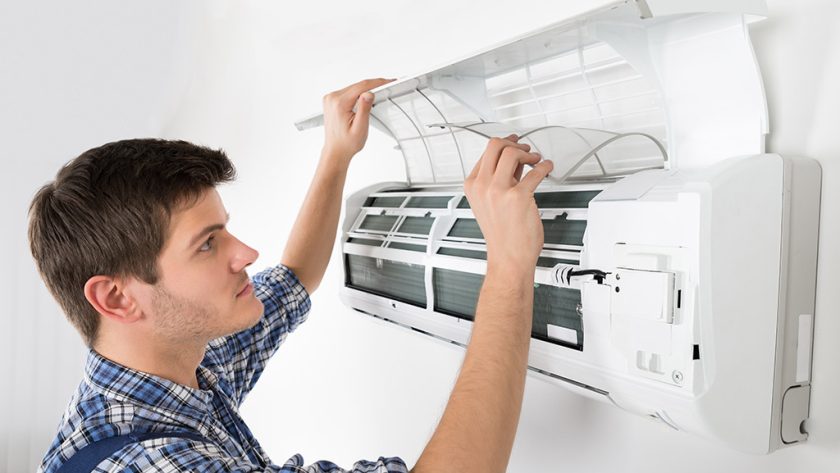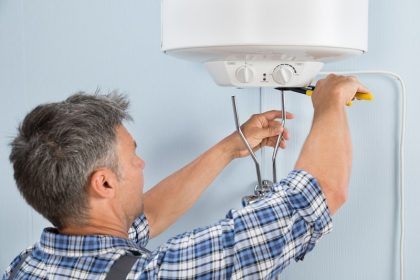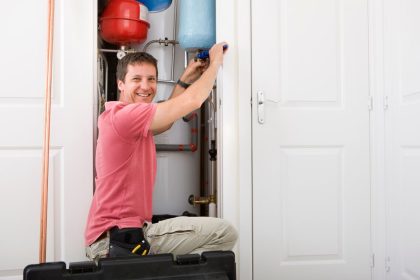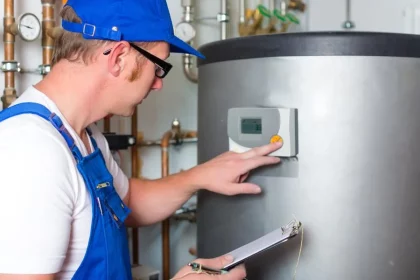Air conditioning systems have become an indispensable aspect of our daily lives, offering comfort during scorching summers and providing a conducive environment all year round. While enjoying the calming breezes it propels into our living spaces, wear and tear, which could demand repairs, are inevitable. In this article, we delve into a comprehensive guide on managing air conditioning repairs, ensuring you can address issues competently and maintain your unit in tip-top shape.
Understanding the Importance of Regular AC Repairs
Owning an air conditioners doesn’t just stop at installation. It’s vital to understand that your AC system requires periodic checks and potential repairs to ensure optimal functionality. This involves routine maintenance, identifying issues early, and undertaking timely repairs to prevent minor issues from evolving into more complex, costly problems.
A smoothly operating AC unit provides:
- Efficient Performance: Enhancing energy usage and reducing electricity bills.
- Improved Air Quality: Ensuring a healthy indoor environment by filtering out pollutants and maintaining air freshness.
- Temperature Consistency: Maintaining a stable indoor temperature, irrespective of the external weather conditions.
- Longevity: Extending the lifespan of the unit by minimizing the risk of major breakdowns.
Common Indicators That Your AC Needs Repair
Identifying the early signs that your AC system needs repair is crucial. Some of these indicators include:
- Inconsistent Cooling: Uneven temperature or hot spots within the space.
- Strange Noises: Unusual sounds like grinding, hissing, or banging.
- Water Leaks: Moisture or water pools around the unit.
- Unpleasant Odors: Pungent or burning smells emitting from the AC.
- High Energy Bills: A noticeable surge in your energy expenses without a corresponding increase in usage.
Steps to Undertake Air Conditioning Repairs
While professional help is indispensable for complex AC repairs and maintenance, understanding the basic steps involved in air conditioning repair ensures informed decisions and might enable you to perform minor troubleshooting.
1. Safety First:
Always ensure that the power is turned off before attempting any form of repair or inspection on your air conditioning unit. This protects you from unexpected accidents and safeguards the system from potential damage.
2. Conduct a Preliminary Check:
Inspect basic elements like the thermostat settings, circuit breakers, and filters to identify any obvious issues.
3. Inspect the External Unit:
Check for any visible damage, obstructions, or dirt accumulation on the external unit which might be hindering performance.
4. Clean or Replace the Filters:
Regularly ensure the filters are clean and free from obstructions, replacing them as needed to ensure optimal airflow and cooling efficiency.
5. Assess the Coils and Coil Fins:
Check for any dirt on the coils and straighten bent coil fins using a “fin comb” to enhance performance.
6. Examine the Condensate Drain:
Ensure the condensate drain is not clogged to prevent water damage and maintain humidity levels.
7. Evaluate System Controls:
Ensure that the system’s start cycle, operation, and shut-off are functioning smoothly.
For comprehensive repairs, especially when dealing with refrigerant issues, electrical components, or if the unit is still under warranty, it’s prudent to engage professional services. If you’re seeking expert assistance, Jays Air Conditioning offers a wide array of repair services tailored to meet your needs, ensuring your AC system is operating optimally, enhancing comfort and well-being.
Conclusion
An effective and efficient air conditioning unit isn’t merely a luxury but a requisite for maintaining comfort within your living and working spaces. By understanding the core aspects of AC repairs and maintenance, you can ensure consistent performance, longevity, and optimum functionality of your unit, providing a cool and clean environment, especially during those sweltering summer days.
Engage in regular checks, recognize the indicators of potential issues, and, when the repair demands surpass DIY capabilities, do not hesitate to seek professional aid to safeguard your investment and ensure the continued efficacy of your AC unit.





